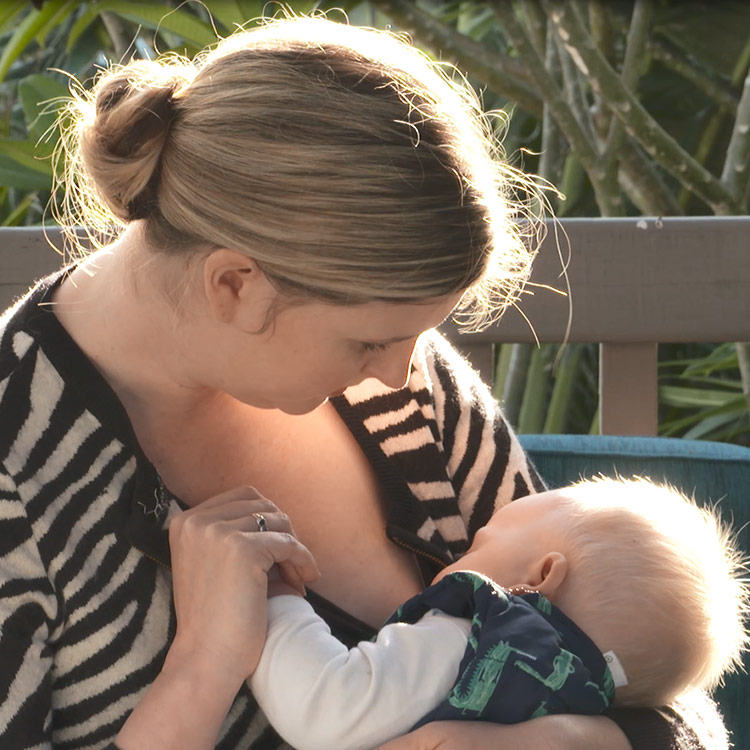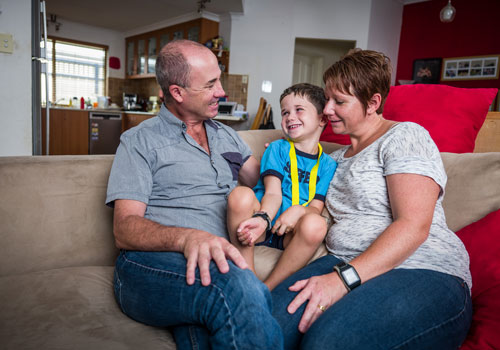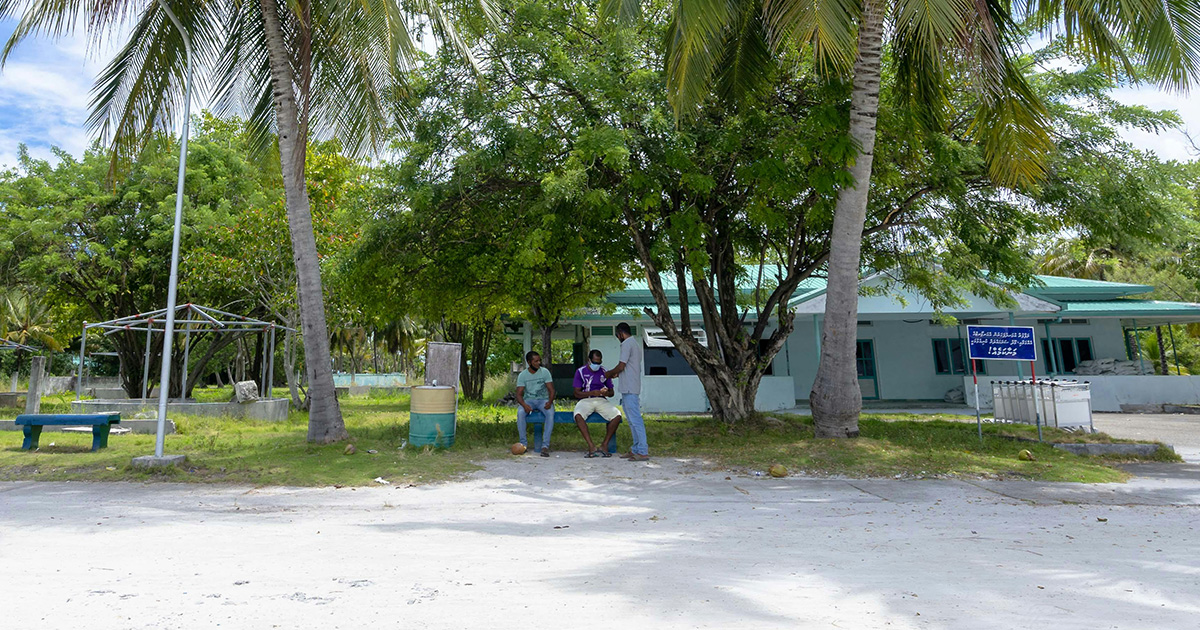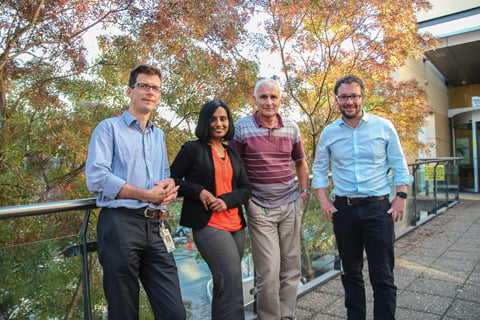Search
Showing results for "Au"
Research
Understanding the true burden of paediatric respiratory syncytial virus (RSV) in order to optimise prevention programsHannah Moore OAM BSc (Hons) GradDipClinEpi PhD Head, Infectious Diseases Research 08 6319 1427 Hannah.moore@thekids.org.au Head, Infectious Diseases

News & Events
ADHD association with family stress and maternal smokingThe results from two new The Kids Research Institute Australia studies on Attention Deficit Hyperactivity Disorder (ADHD) show an association between the condition

News & Events
Breastfeeding protects against obesity in adultsThe Kids Research Institute Australia has shown that stopping breastfeeding and introducing formula milk before babies reach six months of age is linked to an obesity risk.

News & Events
The hidden burden of diabetesWhen Jodie and Brad Scott welcomed their fourth child Heath into the world, they were prepared for the many sleepless nights that come with caring for newborns.

News & Events
Chronic illness affects young children’s school readinessResearchers from the The Kids Research Institute Australia and UWA have found that young children with a chronic disease are more likely to fall behind their peers in a wide

News & Events
Improving the health and wellbeing of Aboriginal KidsThe Kids created history by surveying 1 in 6 indigenous children across the State and collecting information on just how this generation is travelling.
News & Events
Research symposium to hear how sunscreens proved no threat to vitamin D production in recent European studyLeading international and national experts will gather at The Kids Research Institute Australia on Friday for a D-Light Research Symposium.

News & Events
Community Lecture: Personalised Medicine, the new frontierAt this special Telethon Kids Institute lecture, Professor Leroy Hood will share his career journey and talk about the emergence of personalised medicine.

News & Events
The Kids researchers granted $5 million to prevent RHD across PacificA team led by Dr Joseph Kado from the Wesfarmers Centre of Vaccines and Infectious Diseases, based at The Kids Research Institute Australia, and The University of Western Australia (UWA) has been awarded $5 million by the Federal Government in a major push to prevent rheumatic heart disease across the Pacific.

News & Events
Vaccine surveillance brings safety reassuranceIn 2010, a large number of children experienced febrile convulsions after receiving the FluVax vaccination and many parents began to question its safety.
